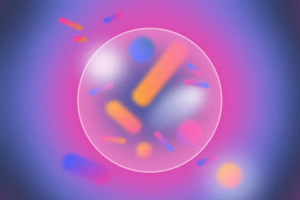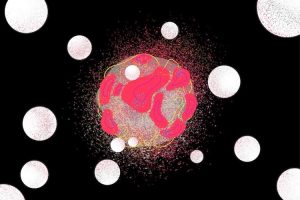Types of Immunodeficiencies and Their Treatments
An overview from birth to an old age
Which problems of modern medicine will nanotechnology be able solve? Which diseases can be treated with the help of nanoparticles? What does the term “multimodal therapy” mean? Arts and Sciences Distinguished Professor of Physics at Northeastern University Srinivas Sridhar speaks on the use of nanotechnology to treat patients.
The key challenges in modern medicine today are primarily twofold. One is you want to catch the disease very early, early diagnosis is important. Today we are only able to catch a disease, cancer, let’s say, at anatomical sizes for the tumor, like millimeter sizes, which corresponds to about a billion cells. However, what we want to do is improve our sensitivity by a million times, so that you can detect cancer at a thousand cells. You can only do this with nanotechnology. The other part is once you have identified the disease, let’s say, you have a tumor in the breast or prostate, you know, what happens now is you administer the drugs, they go everywhere.
There are various strategies for achieving the biological outcome you want. You try to exploit several ways or physiological mechanisms, for instance, you may want to use apoptosis to kill cells. You may want to use gene silencing, you may want to exploit the fact that cells like to take up nanoparticles through a process known as endocytosis. You may want to target specific subcellular organisms like mitochondria, or the nucleus, or the ribosome – whichever that is the most appropriate to the particular disease you are trying to cure.
What we are doing now is actually entirely new in the history of human biology. We are now able to address biological mechanisms at the nanoscale. And so, in fact, there is a new discipline of nanobiology that is emerging because there are new processes that are happening. It’s not just simple genetics and these are not just genetic mutations. You have other aspects, you have epigenetics, you have metabolomics.

An overview from birth to an old age

Molecular oncologist Matthias Dobbelstein on targeted therapies, gene p53, and DNA damage

Physicist Mikhail Lukin on quantum computers, atomic clocks, and new tools for exploring biological systems